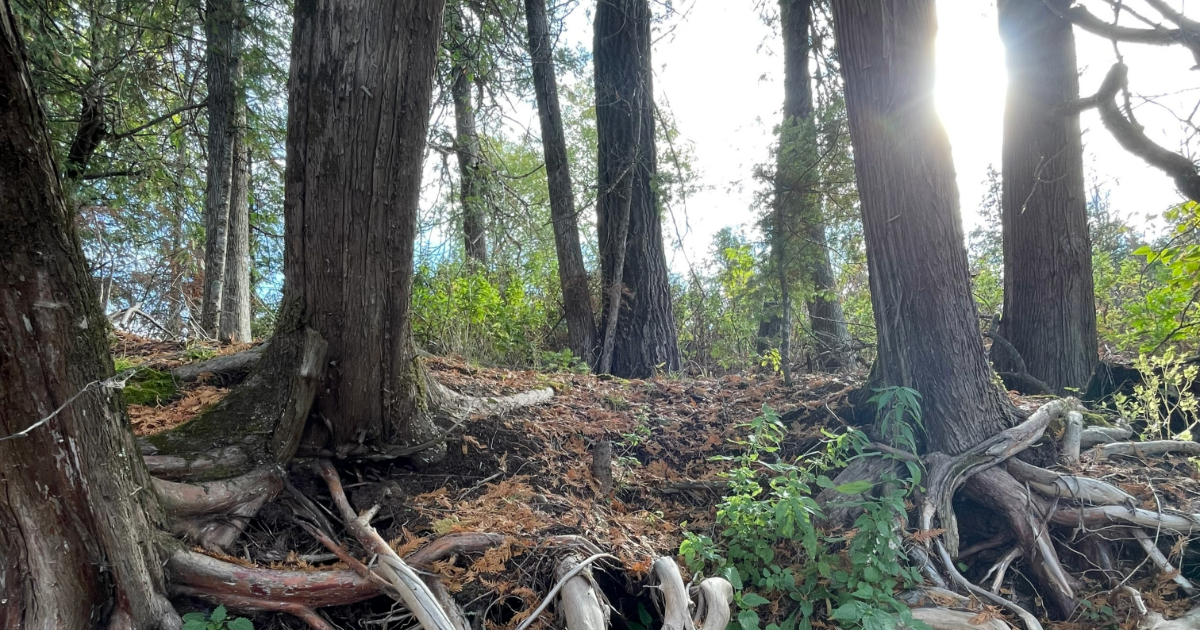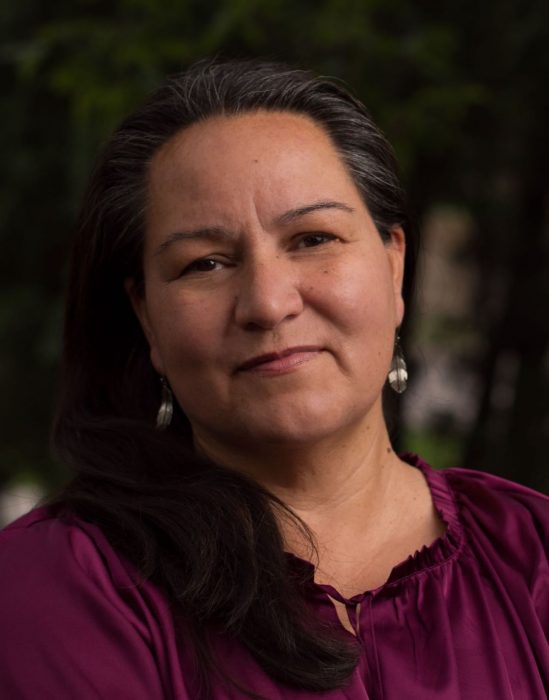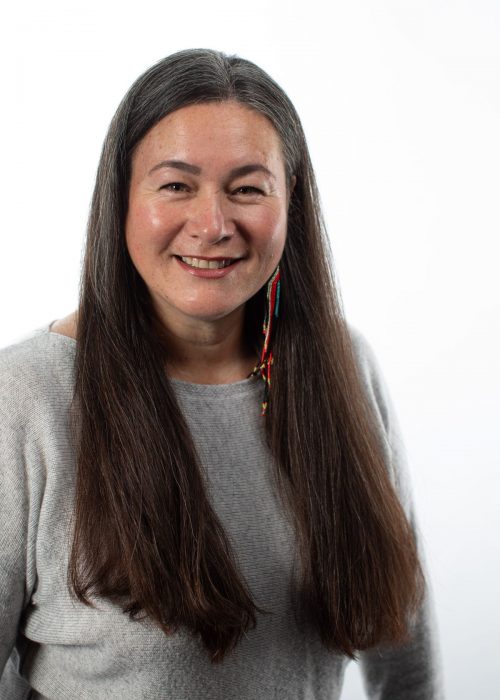
Photo by Vanessa Lillie
Making a statement
New territory acknowledgement workshops open to UM community
One decade ago, a group of Indigenous community members and allies developed the University of Manitoba’s Traditional Territory Acknowledgement, which has since become a staple at campus events. It recognizes the Indigenous land we occupy as a community, while promoting a shared commitment to understanding historical events.
Now, the Office of the Vice-President (Indigenous) is empowering UM community members to personalize their acknowledgements in a manner that honours their own reflections.
New workshops available to UM community
UM students, staff and faculty are invited to participate in 60-minute workshops that cover the history of UM’s acknowledgement, current controversies around Territory Acknowledgements in general and considerations for building your own personal statement, along with resources to do so.

Christine Cyr, associate vice-president (Indigenous) of students, community and cultural integration.
“Over time, we realized we weren’t happy with people using Territory or Land Acknowledgements in a rote way. They need to evolve; they can’t be static,” says Christine Cyr, associate vice-president (Indigenous) of students, community and cultural integration.
The interactive workshops will outline the main components of an acknowledgement—and how to personalize it in a meaningful way. “There are three main things to include: naming the original peoples of the land, your personal connection to the land and your commitment to Reconciliation,” says Cyr. “You need to roll up your sleeves and do the work.”
UM has long been considered a leader in developing Territory Acknowledgements in the province, with other institutions and organizations looking to the university to support their efforts.

Vanessa Lillie, director of cultural integration
Though institutional acknowledgements are important, it is critical for individuals to “think through their own relationship to the land and people and their commitment to Reconciliation,” says Vanessa Lillie, director of cultural integration and co-host of the workshops. “It should be an expression—a statement of engagement, which will change over time as you grow, learn and understand.”
Participants are welcome to attend more than one workshop if they would like to continue the discussion with different members of the UM community. “Sometimes it’s brand-new information and people may need to attend one or two workshops to integrate the information,” says Lillie.
A building block on the journey to Reconciliation
Cyr notes the acknowledgements are not meant to be the summit of an individual’s path to Reconciliation—but rather, a building block of the work they’re undertaking.
“Your statement today should be different now than in six months,” she says. “It could be that today, your commitment to Reconciliation is to understand what a Territory Acknowledgement is, read a book, look up a definition or go to a fireside chat. Maybe after reading this article, it will change. To me, that’s Reconciliation; you’re moving the needle.”
If you’re looking for guidance on including a Territory Acknowledgement in your event, creating your own or learning more about Territory Acknowledgements in general, join the monthly workshops at UM’s Fort Garry campus. No registration is required.
For more information about the workshops and other cultural events and protocols, visit the Indigenous UM website.






